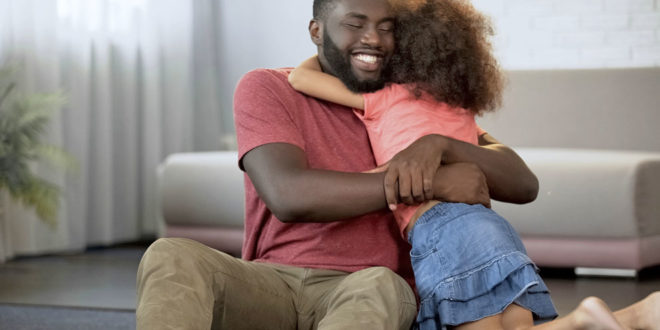Unpacking Love
1. Love is a one-way act, initiated by and a sole reflection of the giver.
2. Love is thus, a gift, 100% the choice of the one loving and whole in it’s bestowal—regardless of the receivers response to it.
3. Thus, the more we love, the better and stronger we become at it, no matter how we are received in the giving. The more I love, the more I grow and mature in my ability to love.
4. And thus, the faster I can show love without conditions, the more mature and “like God” I am. (God defines Himself as love… right?)
5. Yes, and finally, the more I can love those who hate and hurt and thus are the least “deserving” of it (which to use the word “deserving” is actually wrong because you cannot deserve a gift…but anyway…), the purer and stronger my love is. There are, after all, no pay-offs in sight, nor am I simply responding to positive stimulus—a trait often mistaken for being love.
Love Is a Choice
So there it is… love in a nutshell. Just think, you can learn to love anyone at any time. Love is your free choice and something you’re infinitely capable of. Yes, and not only that, but your acts of love cannot be diluted by those who choose to oppose or reject them for their own brokenness or pain—no, your love remains your choice, a reflection or your own heart and thus completely intact and powerful. (This is how God can love us perfectly—despite our fumblings—love is who He is.)
A Look at Trust
Now let’s look at trust. Trust, as a verb, can be defined as opening one’s self up to receive favor. Read the teachings of Jesus—or the whole Bible for that matter—and you’ll see that we are encouraged not to trust anyone but God Himself. (Psalms 118:8) Why is this? Well, let’s contrast love with trust from the list above.
1. Trust is a two-way, shared reality. To create trust there must be a giver and a receiver, one to bestow and one who receiver favor. Thus the level of trust you have with someone will depend on both of you. Let that sink in….
2. Trust must therefore be earned. For you to open yourself up to receive favor wisely, you need to have seen evidence that favor will be given, or you play the fool. Trust and the other person’s response to it will make or break you. It is a very vulnerable thing to do.
3. Thus, the outcome of the more I trust is dependent of who I am opening myself up to receive favor from. Typically the more people I trust, the more I will be let down…us being human and all. And if I trust blindly (without evidence) I set myself up to be hurt and have my trust broken—a most painful situation to be in.
4. And thus, the slower and more intentionally I trust, the more mature and “like God” I become. Jesus loves us all like crazy but who did He trust?
5. Yes, and not only that, but if I choose not to trust those who would reject me because of their brokenness and pain, the stronger and more secure I can become in love. It is hardest to love, after all, when trust is broken.
A Complete Reversal
Wow. If you chew on these two incredible verbs and how you are to practice them (according to Jesus), you will immediately recognize that we do the exact opposite as humans. We trust immediately and love slowly. We extend trust as a free gift and then dangle love as something to be earned! A complete reversal of what works! I challenge you to process and master these basic teachings on love and trust. There is so much peace and balance to be had! And if you’re hung up on the fact that God says we should trust only Him…thinking about how all good relationships are built on trust, and we need human relationships…well, think it through logically. The only people worth trusting are loving people…and they would be those who manifest the spirit and teachings of God within themselves and their lives. In the end, who are you really trusting?
As a pastor for many years, I am sure that I would not have remained positive and healthy had I not practiced the teachings of Jesus as unpacked here. I had to slowly learn to bestow favor at all times while guarding my heart and emotions to those who had not shown themselves to be trust-worthy. It was a slow transition for me. I’d always mixed up love with trust, often acting as if they were interchangeable.
Clarissa Worley writes from the Pacific Northwest.
© 2002 - 2025, AnswersForMe.org. All rights reserved. Click here for content usage information. Answers for Me Support & encouragement for every-day life
Answers for Me Support & encouragement for every-day life



